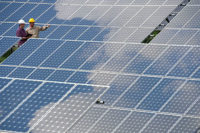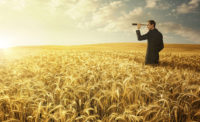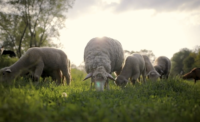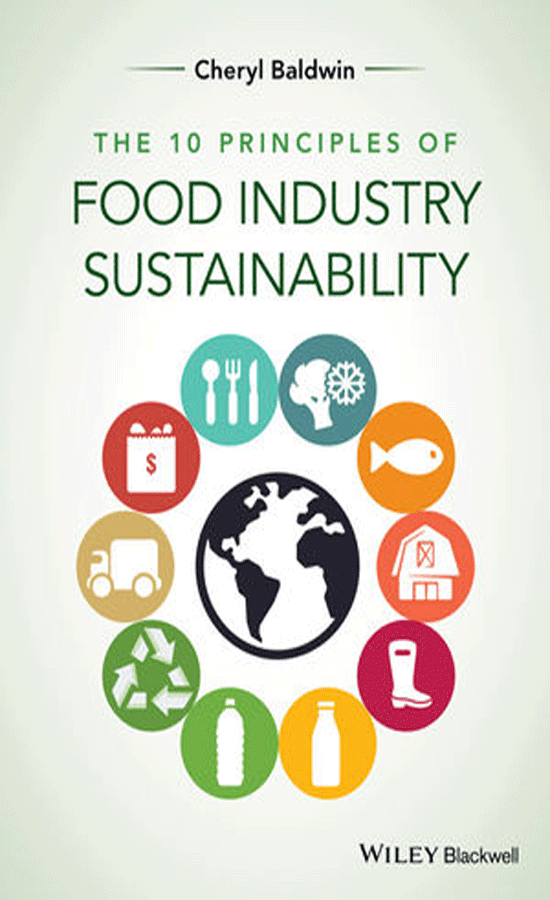Keeping pace with growing world demand

I was able to visit with producers around Europe and learn about their challenges and opportunities. The good news is, our industry is in an area of need. We produce high-quality, safe protein at an affordable price, but our industry must continue to modify our processes and technique to enhance our ability to compete.
As the world population continues to grow, the demand for protein will grow dramatically -- especially in developing areas such as China, Russia and central Asia. We’re on our way to 9 billion people on the planet by 2050. By then, our growing global population will require an estimated 100% more food than we produce today.
Unfortunately, we won’t have 100% more land available. The United Nations Food and Agriculture Organization (FAO) reports that added farmland will help produce only 20% of the additional food our planet will need in 2050, and 10% will come from increased cropping intensity. Seventy percent will require improved efficiency and technology.
History tells us if food use increases, protein consumption increases at an even greater rate. U.S. poultry and egg production has increased well over 411 % since 1946. According to Bill Gates, “When farmers increase their productivity, nutrition is improved and hunger and poverty are reduced.”
The challenge is to increase productivity using less resources such as land, water, energy and packaging material.
Since 1946, we have increased food production 150% without increasing inputs. The EU has handcuffed its industry by implementing a series of policies and regulations that reduce productivity. Animal density has been reduced, GMO feed ingredients can’t be used, and animal medication has been severely restricted.
During this election cycle remind your local politicians that agriculture is one of the last growing industries in this country, and you won’t be able to feed the new mouths in the world in handcuffs.
More than 26,000 U.S. households were surveyed by AC Nielsen in October 2010 and results showed that 98% buy based on taste, cost and nutrition in that order. The EU has allowed approximately 5% of their population dictate agriculture policy. We can’t let the same thing happen in the U.S., or millions could face starvation.
Global demand for food cannot be met by organic products, according to Peter Brabeck-Letmathe, chairman of the board of Nestle S.A., the world's largest food company.
“You have to be rational — there's no way you can support life on Earth if you go straight from farm to table,” Brabeck-Letmathe said in the August 31, 2011, issue of Food magazine. He called organic food “a privilege” that not everyone is able to afford. Organically raised crops yield 30% less than produce grown through traditional means, Brabeck-Letmathe noted, and he suggests that the organic food market had peaked and was unlikely to grow much larger.
Consequently, we in the U.S. need to look beyond the here and now to consider the needs of the larger population of the world.
Through understanding the needs and sharing best practices, being innovative while prioritizing food safety, creating new technology and processes, and utilizing available resources while monitoring environmental concerns, we can set the way to the future. This foresight not only will guarantee the food supply for our own country, but also will allow us to continue to be the bread basket for the world.
Looking for a reprint of this article?
From high-res PDFs to custom plaques, order your copy today!







